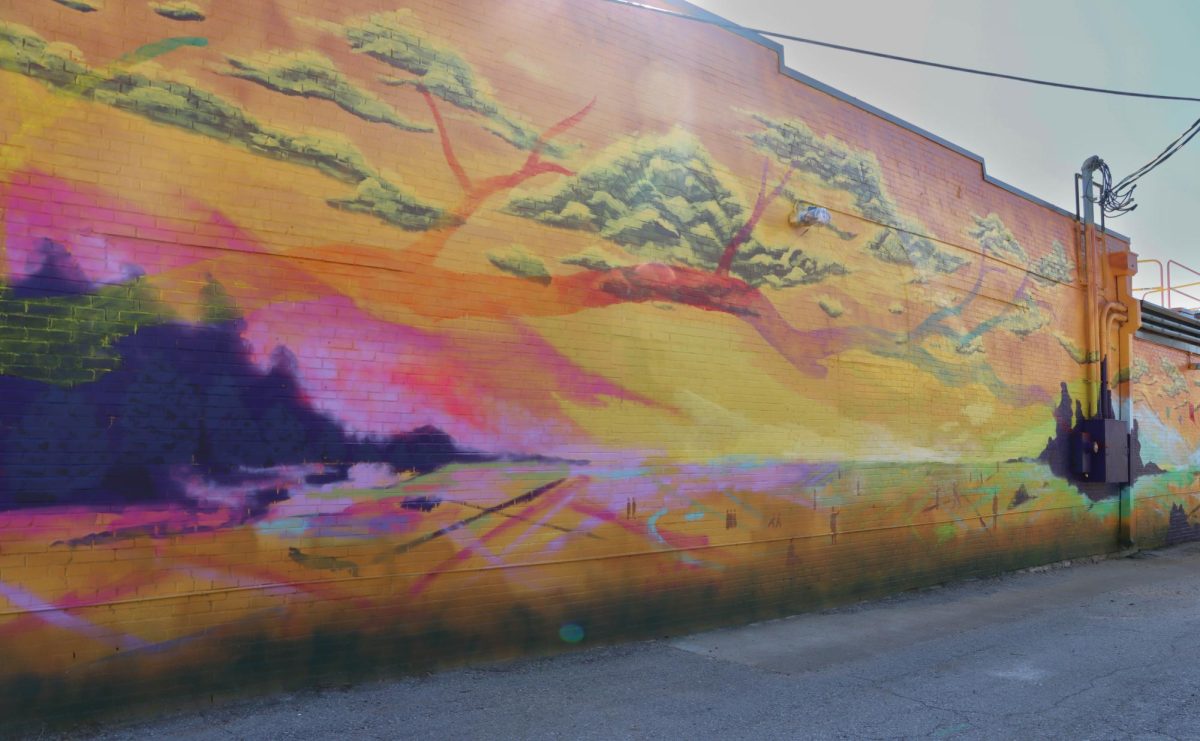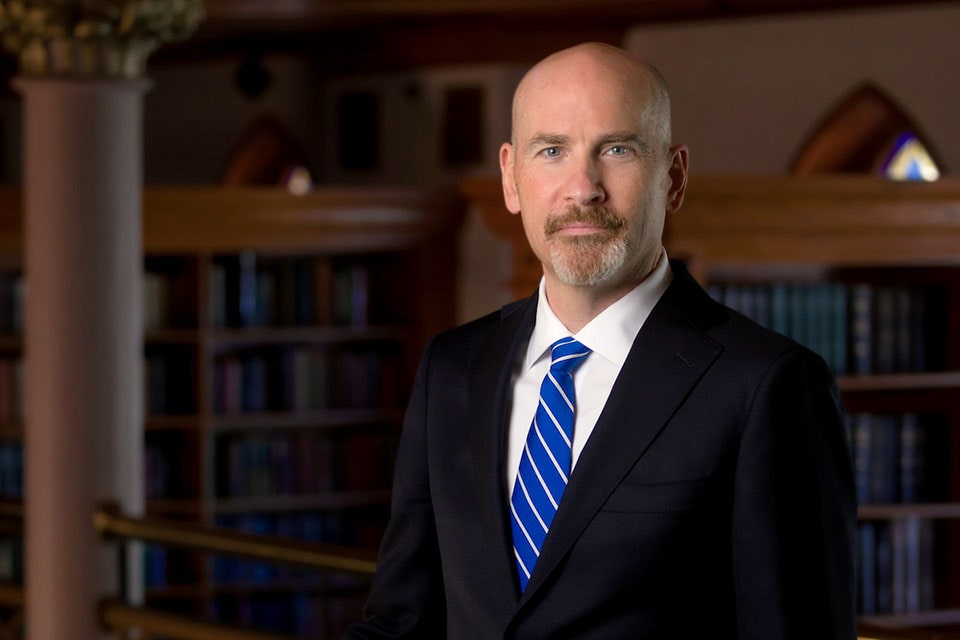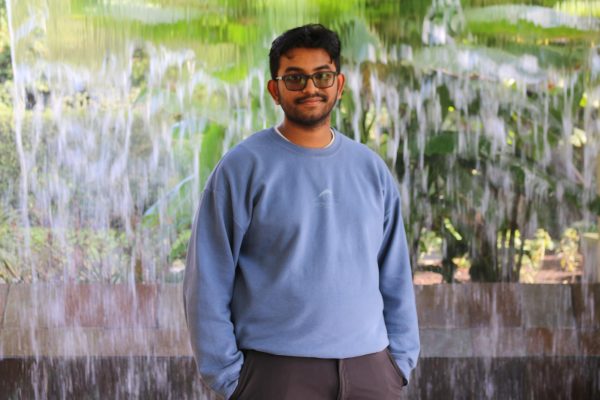Students and professors at Saint Louis University’s College for Public Health and Social Justice say they fear that U.S. Secretary of Health and Humanitarian Services Robert F Kennedy Jr. will negatively change the public health landscape in the coming years.
RFK Jr. is infamous for his unconventional stances on various health policies, including on vaccines and the existence of the Food and Drug Administration. His beliefs are controversial, with some health professionals labeling them as conspiracy theories because they push dangerous rhetoric and challenge well-researched health regulations. RFK Jr. has also been known for his peculiar persona, with everything from his gravelly voice to the worm that used to live in his brain.
After RFK Jr. was confirmed by the Senate on Feb. 13, Brian Mander, a sophomore studying public health, said he was in disbelief. It seems like an almost satirical nomination, he said.
“It doesn’t feel real looking at the announcement… All the jokes made me think it could never happen,” Mander said.
Initially an independent presidential candidate, RFK Jr. dropped out of the 2024 presidential race in August following a slew of controversies, including his opposition to vaccines. He then endorsed President Donald Trump.
RFK Jr. started an anti-vaccine group, Children’s Health Defense, which gained major traction during the COVID-19 pandemic. He expressed hesitancy about routine vaccinations, specifically ones that target diseases like influenza and Hepatitis B. This stance caused him to lose traction among some independents until he backtracked and stated that he wouldn’t ban vaccines, but would make them optional.
Abolishing the FDA is also on RFK Jr. to-do list. The regulatory agency, RFK Jr. claims, has been under the control of Big Pharma and other large corporations, a situation he said he wants to rectify.
In addition, he is in charge of agencies that run important programs like Medicare, Medicaid and healthcare research. With his plans to reduce these groups’ power and reach, funding and job security will be at risk.
That worries public health professionals across the country like Keon Gilbert, a professor who teaches health equity in the College for Public Health and Social Justice. Gilbert said he is concerned about RFK Jr. leading the top U.S. public health office, saying he might not be the right man for the job.
“I think that he’s just sort of another example of one of those folks who could be the wrong messenger for public health in a lot of different ways,” Gilbert said.
Gilbert said that RFK Jr. will have a lot of power in his new role and the potential to make widely influential decisions.
“That’s always a dangerous position because of the microphones of people like the president, the surgeon general… They’re a lot bigger than your local health department,” Gilbert said.
In a state like Missouri, which ranked 38th out of 50 in the Commonwealth Fund’s healthcare standards, these changes could be even more harmful.
Spring Schmidt, executive director of the Missouri Public Health Institute (MOPHI), said some of Missouri’s public health systems are already struggling, which is shown by the increasing disparities in health outcomes between white and Black Missourians.
RFK Jr.’s sweeping changes could prove to have lasting consequences on the public health landscape in Missouri, Schmidt said. Federal public health agencies with offices in St. Louis like the CDC and the National Prevention Information Network could also see layoffs and budget cuts.
“Many in our state rely on these organizations, including ours, for help and education… We could be losing a lot of that in the next few years,” Schmidt said.
Health Management graduate student Chandra Reddy said he also feels apprehensive of the new administration.
“My friends and I were shocked to see him in the senate hearings,” Reddy said. “His confirmation is unreal.”
While Reddy already has a job lined up, he feels empathy for his fellow public health classmates who are unsure of the future landscape of this field. A common consensus within the College for Public Health and Social Justice is a feeling of uncertainty, which is amplified by other decisions from the new presidential administration.
“A lot of my friends don’t graduate until 2026… Who knows how many changes [RFK Jr.] could make before that?” Reddy said.
Some students are also worried about securing jobs in the field after graduation.
“Graduating now is just plagued by a fearful future,” said senior public health student Jessica Bouman. “[RFK Jr.] doesn’t seem at all qualified for the job.”
For students feeling nervous about the future, Schmidt said she encourages them to focus on the present.
“It’s gonna take a while for these seismic shifts to show up… I’m focusing on what I have control over,” Schmidt said.
Schmidt also said that despite the uncertainty, she believes there will be a future for graduating public health students.
“You need to look at what will always be needed,” Schmidt said. “There will always be a need for infectious disease specialists, community health managers… what’s important is seeing where people are needed.”
This article has been edited to reflect the correct name of the College for Public Health and Social Justice.






















